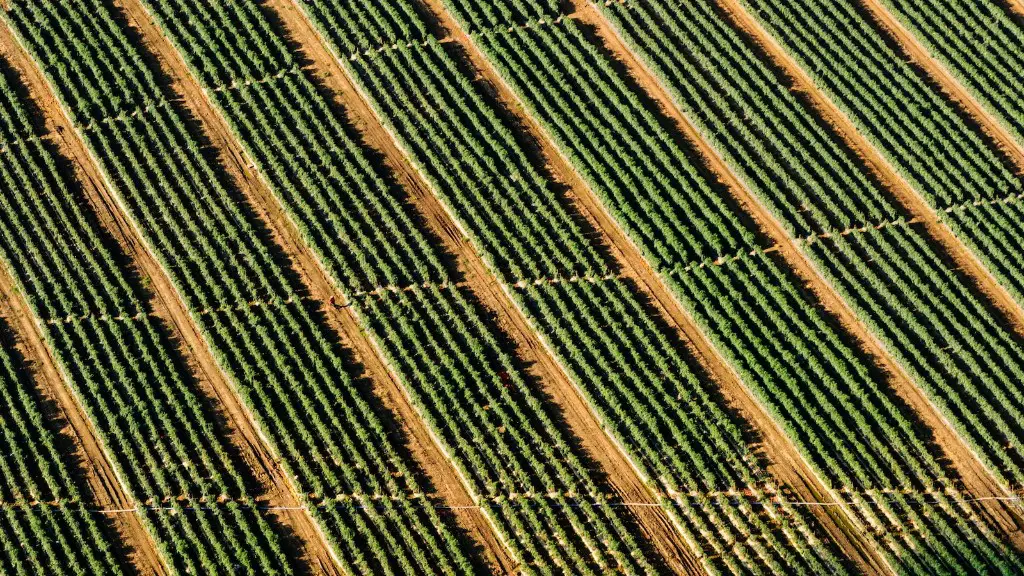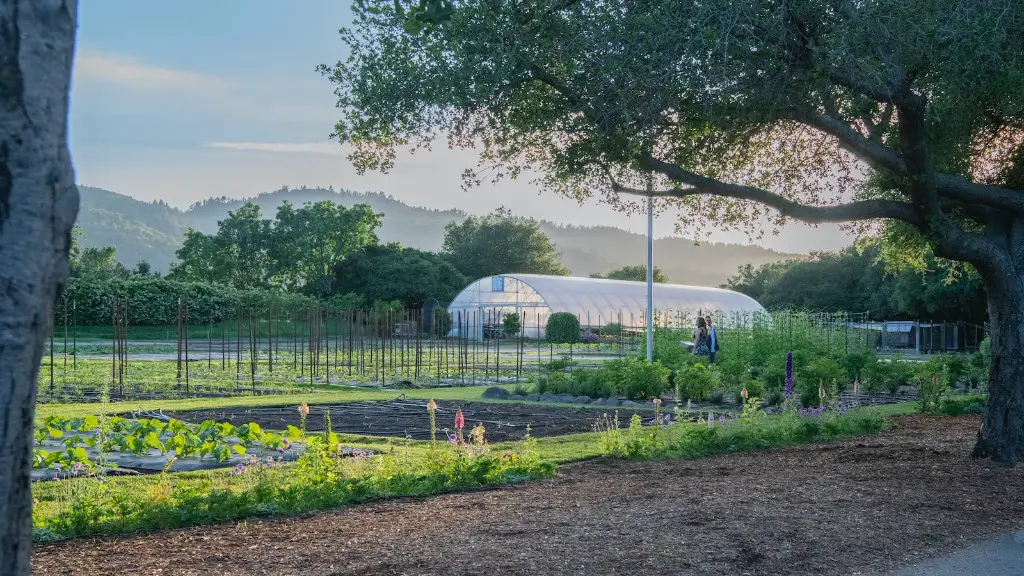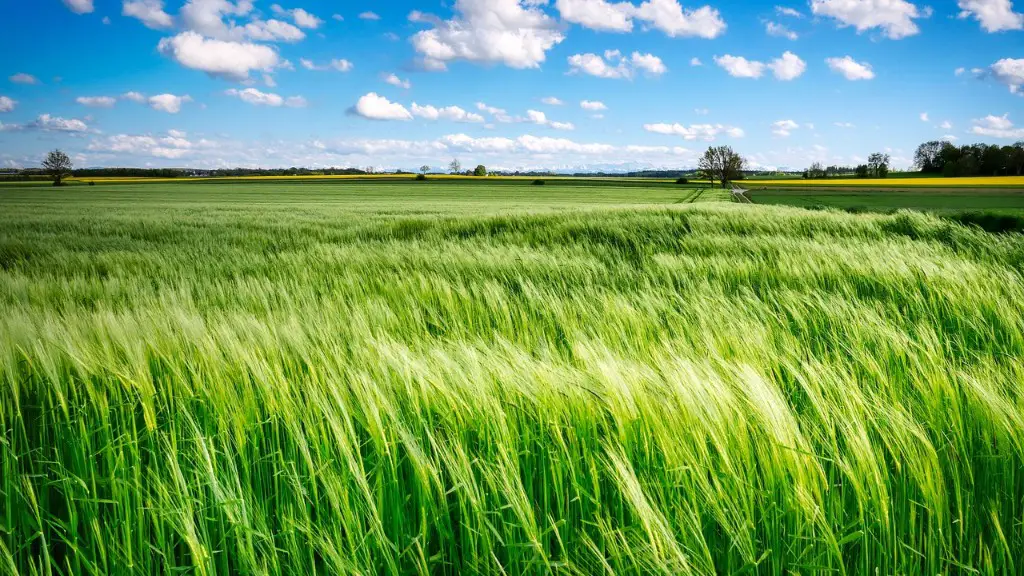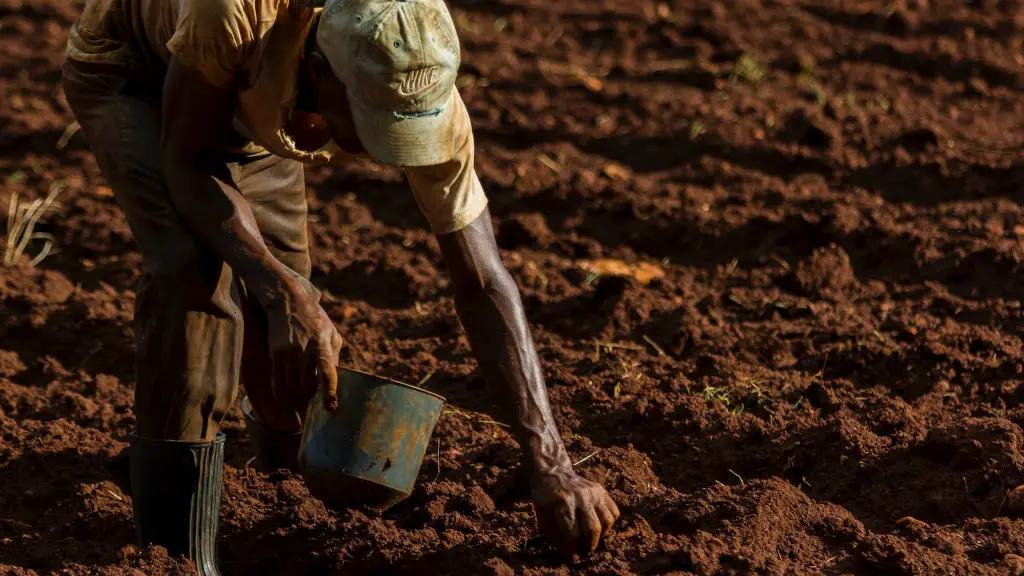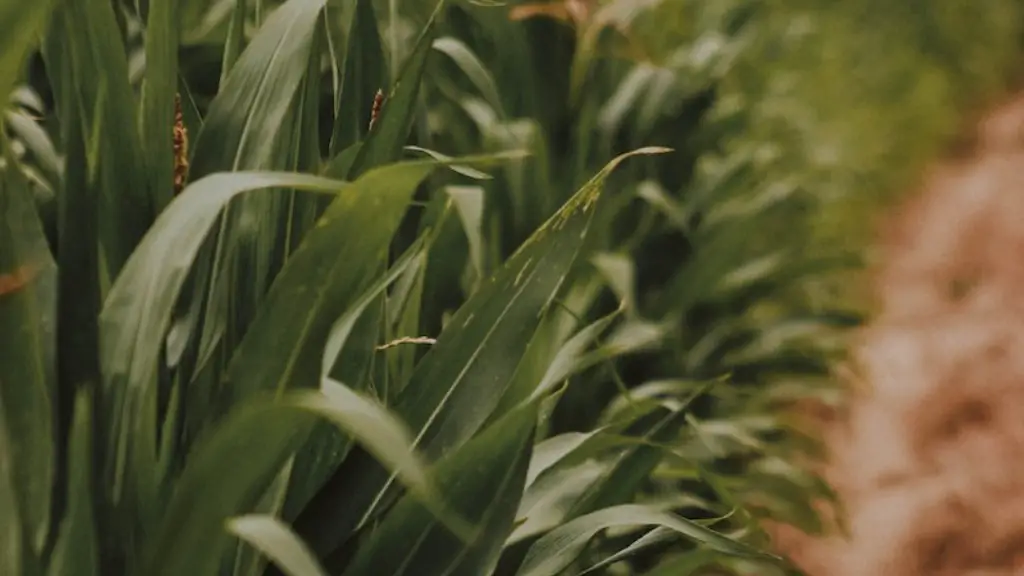Agriculture offers an unparalleled opportunity for investors to capitalize on their investments. With the rapidly evolving modern economy, investing in agriculture is becoming increasingly attractive. But is it wise to invest in this field? This article takes an in-depth look at the big picture when it comes to investing in agriculture.
First and foremost, agriculture can provide a variety of opportunities to investors. From the production of staple crops like corn and wheat to livestock management and agritech, the possibilities are virtually limitless. Moreover, agricultural investments can offer more predictable returns than some other investing areas, such as stocks and mutual funds. This is because agricultural investments are backed by the land and the soil, which can provide an important buffer against market volatility.
In addition, agricultural investments can lead to significant tax benefits. Many agricultural investments are eligible for capital gains treatment, which can result in lower taxation bills. Furthermore, agricultural investments can also earn depreciation or bonus depreciation, both of which can result in a significant reduction in tax bills.
Agriculture also produces unique opportunities for long-term growth. Investing in agricultural assets requires a commitment of time and resources, which means that the investor can benefit from a gradual accumulation of value. This is particularly true in the United States, where the “Grow America” program has created a number of incentives for agricultural development.
Finally, investing in agriculture yields a range of societal and environmental benefits. Agricultural production ensures that society has access to a steady supply of food. Additionally, investing in agricultural projects can lead to job creation and increased economic activity, both of which are beneficial for any country’s economy. Agriculture also helps to preserve land, often serving as a barrier against deforestation and other land-based infringements.
Economic Factors
Investing in agriculture takes careful consideration of the economic factors at play. For example, investors need to consider the current state of the global economy and its potential impact on the price of agricultural goods and commodities. Furthermore, the current availability of agricultural inputs, such as fertilizer and seed, must also be taken into account. Additionally, potential competition from international markets should be taken into consideration, as the production of goods or commodities can cause fluctuations in market prices.
The investor’s knowledge base is also essential when it comes to making an agricultural investment. Investors need to understand the complex nature of crop cycles, the nuances of soil management, and the role of government subsidies and tax incentives in some regions. This knowledge can help to mitigate risk and ensure that the investor obtains the maximum return on their investment.
Finally, the pre-investment preparation process is also critical. Investors must seek out the necessary resources to thoroughly understand the investment’s opportunities and risks, any governmental limitations, and the country’s conditions. Armed with the right information, investors can make informed decisions on how to best proceed with their agricultural investments.
Risk and Return
Although investing in agricultural assets can offer long-term returns, investors must also understand the potential risks of such investments. For example, agricultural investments can be subject to seasonal fluctuations, which can result in unpredictable income streams. Additionally, crop failure due to inclement weather or disease can also result in reduced returns.
Furthermore, government subsidies and incentives can also have unpredictable impacts on return rates. Government interference in the agricultural market can have both positive and negative implications for investors. On one hand, subsidies and incentives can result in higher returns, while on the other hand, they can also lead to market disruptions and reduce profit margins.
In terms of maximizing return, investors should consider diversifying their agricultural investments. A portfolio of diverse agricultural assets can help to reduce risk and improve returns. Additionally, investors should also research the market and identify any potential opportunities or challenges that could affect their investment decisions. This can help to ensure that their investments yield the best possible returns.
Conclusion
In conclusion, investing in agriculture can be an attractive prospect for investors, particularly those who are looking for steady returns. However, it is important to consider the economic and environmental factors at play and to be aware of the potential risks associated with such investments. By taking the time to research and understand the potential opportunities and challenges of agricultural investments, investors can make informed decisions and maximize their returns.
Supporting Technologies
As with any long-term investment, agricultural investments often require supplemental technologies to maximize their promise. For example, precision agriculture and precision farming technologies are becoming increasingly sought-after tools for investors. These technologies leverage the power of big data and analytics to optimize crop yields and optimize resource usage.
Agritech is also gaining traction as a key vehicle for agricultural investment. Through these companies, investors are able to access a variety of technological solutions and services to improve the efficiency and productivity of their agricultural operations. By utilizing agritech, investors can also take advantage of innovations such as robotic farming, automated machinery, and smarter data analysis.
In addition, the use of robotics and artificial intelligence in agriculture is becoming more commonplace. Artificial intelligence has the potential to revolutionize agriculture, automating routine tasks and providing intelligent insights into crop management and resource optimization. Moreover, robots can aid the labor-intensive parts of farming, such as crop and animal care, reducing labor costs and freeing up resources and time for other tasks.
Finally, investors may also want to consider blockchain technologies as a tool for agricultural investments. Blockchain-based agricultural applications are becoming increasingly popular as a form of secure, transparent data storage and tracking. This can be used to streamline supply chains and ensure that investor funds are utilized and tracked efficiently.
Finding a Partner
Investors must also consider who they will partner with to execute their agricultural investments. The appropriate business partner can provide the necessary resources to ensure maximum returns from the investment. These partners can include farmers, agricultural advisors, crop scientists, and agritech providers.
When selecting a partner, investors should consider factors such as the partner’s expertise, experience, and resources. Furthermore, investors should compare the partner’s fee structure to other potential partners and choose the one that offers the most competitive return rates. It is also important to assess the partner’s technology and operations support capabilities, as this can make or break an agricultural investment.
In addition, investors should also consider their partner’s ability to access capital and other resources. There are numerous sources of venture capital and other funding strategies, such as government programs, which can provide investors with further security and capital to pursue agricultural investments. Additionally, strong relationships with lenders and other financial institutions can ensure that the agricultural investments are successful.
Finally, investors should also research their potential partner’s history and reputation. In the agricultural industry, it is essential to ensure that the partner has a proven track record of successful investments and that the partner has a good reputation in the industry.
